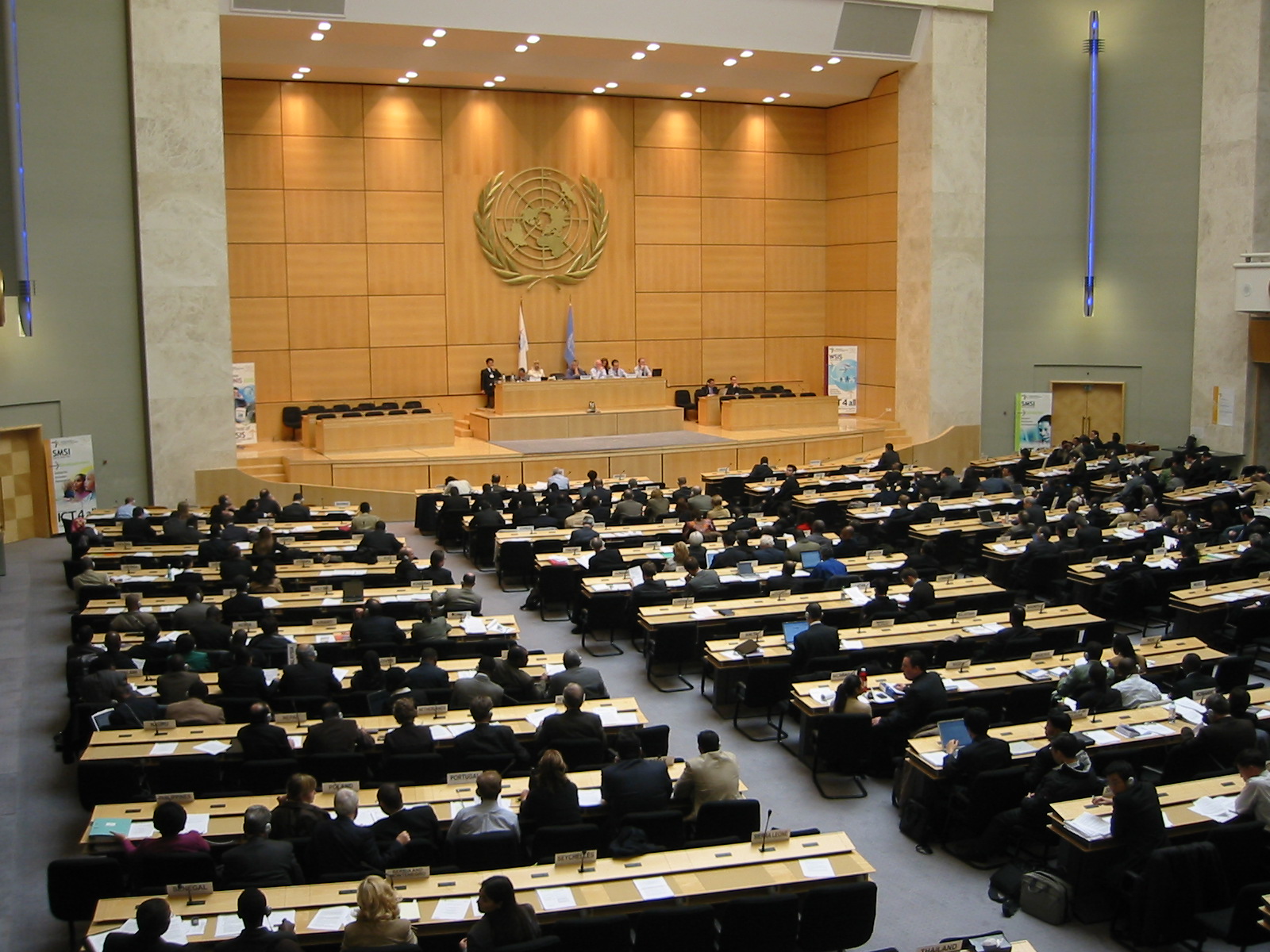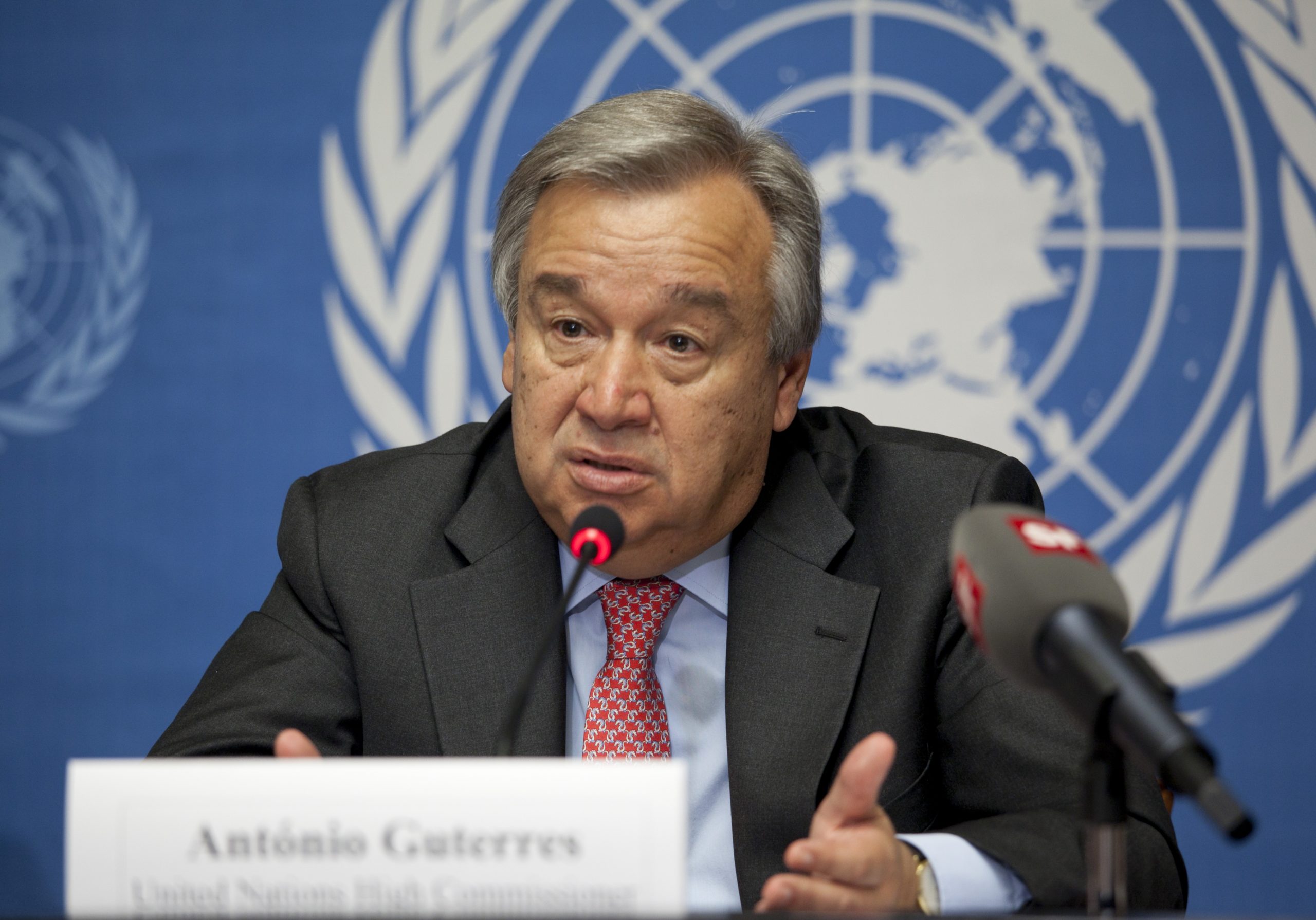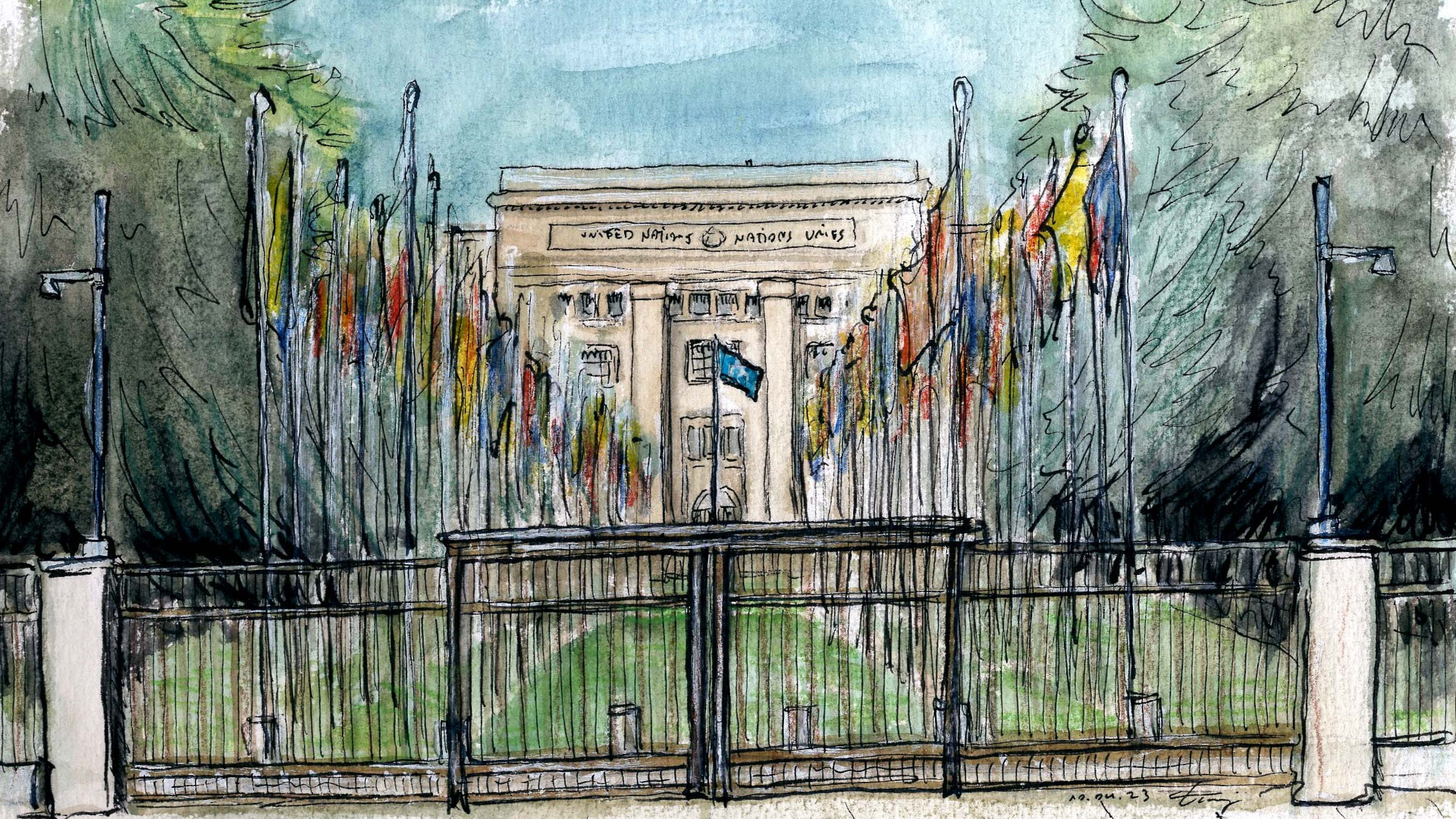In his report, the UN Chief includes comprehensive information on the situation in Hong Kong with regards to the application of the National Security Law as a form of reprisals: ‘Several United Nations human rights mechanisms specifically requested clarifications from the Government whether those cooperating with the United Nations would face criminal liability under the “National Security Law”, he writes.
Follow-ups on specific cases of reprisals are part of the Secretary-General’s report. Information on developments in the situations of Vanessa Mendoza (Andorra) and Kadar Abdil Ibrahim (Djibouti) were included in the report.
Vanessa, from the NGO Associació Stop Violències, is still facing charges for ‘crime against the reputation of the institutions’ after participating in the review of Andorra by the Committee on the Elimination of Discrimination against Women (CEDAW) in October 2019.
Kadar had his passport confiscated by the Djibouti authorities after engaging with the Universal Periodic Review (UPR) of Djibouti in May 2018. It has now been five years and they never gave him back his passport.
While we welcome the inclusion of these cases, ISHR finds unacceptable that some others are not. This includes cases such as Amina Al-Abdouli and Maryam al-Balushi’s from the United Arab Emirates, who suffered reprisals following their engagement with the UN and remain in detention. The Secretary-General should continue to explicitly include cases in the follow up section of his report until those cases are resolved. In Amina and Maryam’s case, the 2023 reprials report cites a 2022 report of the Committee Against Torture which in turn cites the 2020 Secretary-General’s report on reprisals that mentions their case. This falls far short of the protection victims of reprisals deserve.
Additionally, while a petition signed by 492 individuals was submitted to the Secretary-General in support of including Anexa Alfred Cunningham’s (Nicaragua) case, it is regrettably not mentioned in the report. She has been forcibly exiled by the Nicaraguan government after participating in a session of the UN Expert Mechanism on the Rights of Indigenous Peoples (EMRIP) as an appointed expert in July 2022.
It seems the Secretary-General considers that reprisals against UN experts should not be included in the report, although Anexa’s situation clearly falls under the definition of reprisals against those who cooperate with the United Nations.
We call on States to publicly raise these five cases and hold their peers accountable. The cases of Anexa, Vanessa, Kadar, Amina & Maryam and civil society in Hong Kong are clear cases of reprisals which need our attention and must continue to be visible. Together we can #EndReprisals!
Download as PDF





